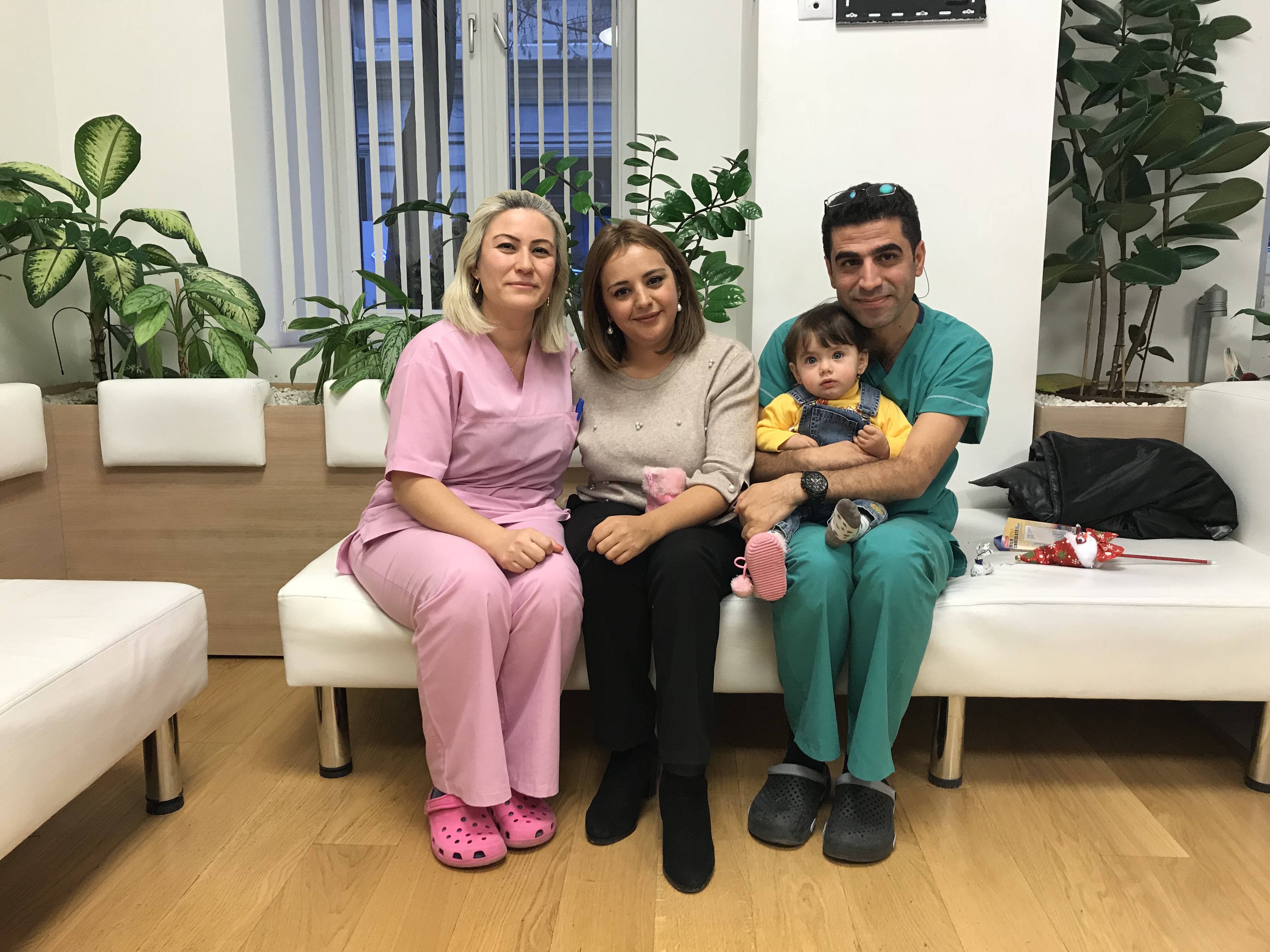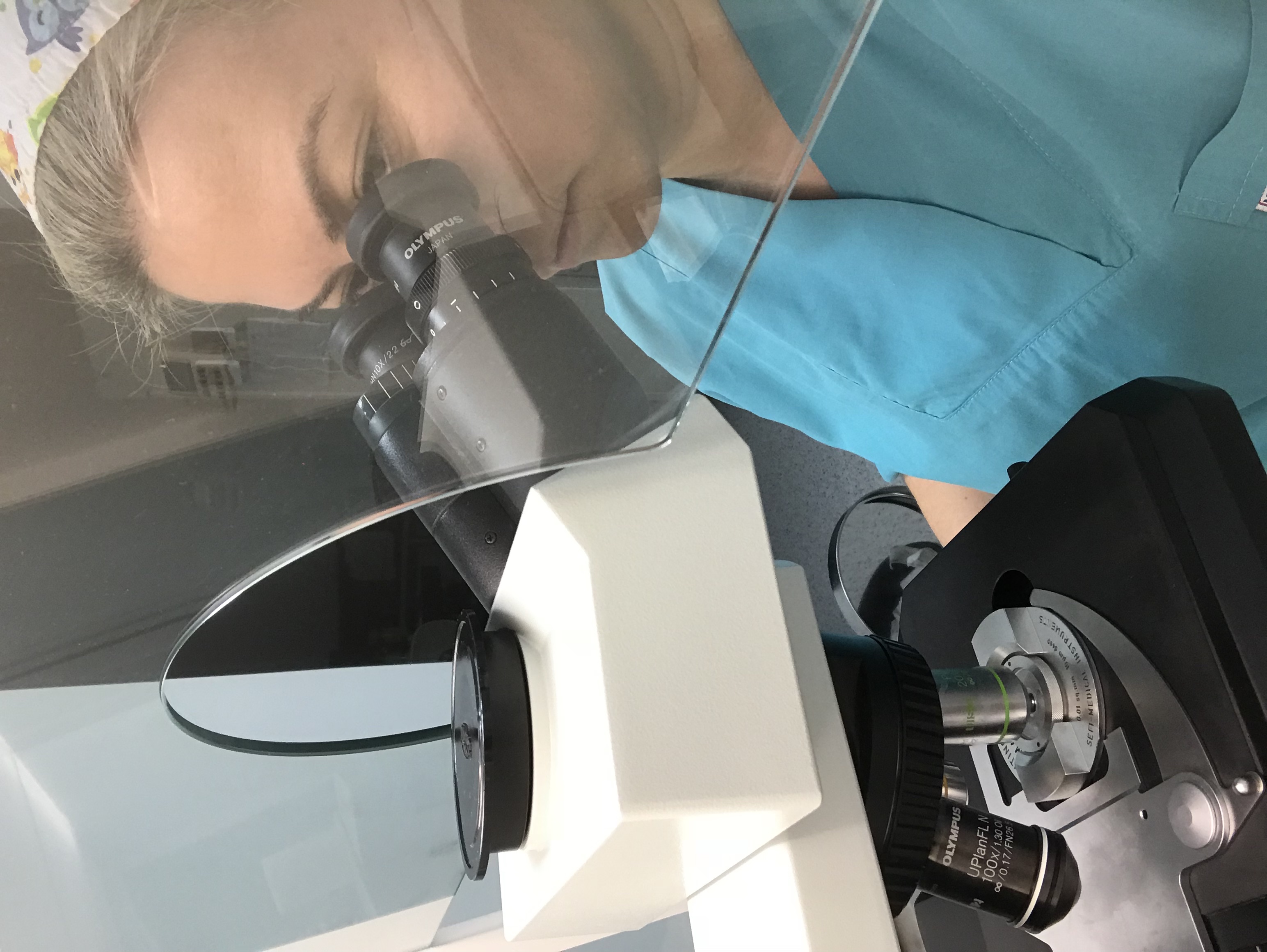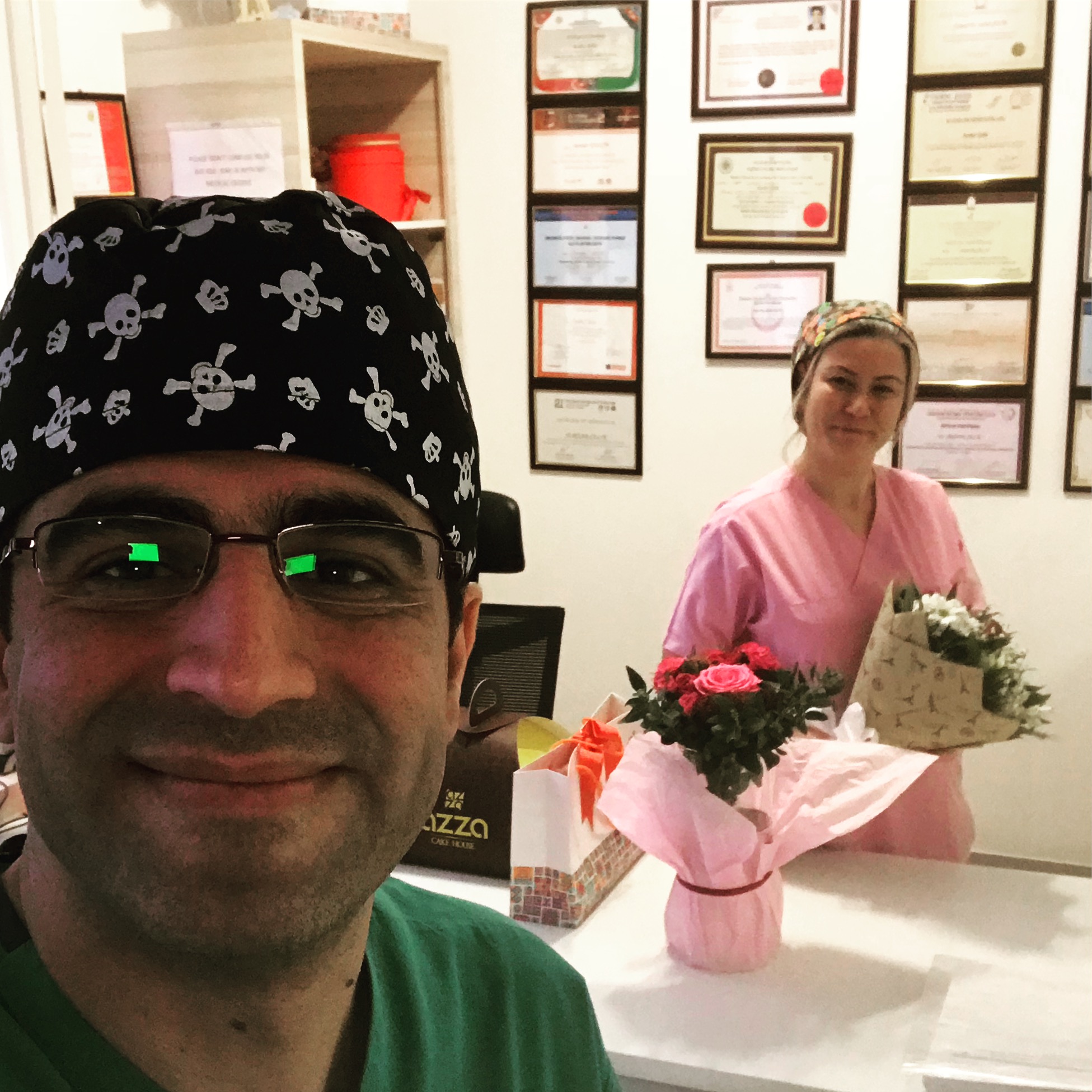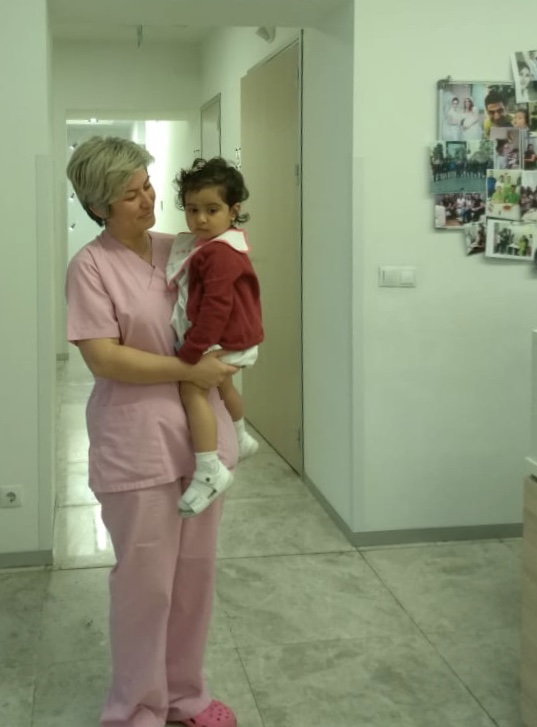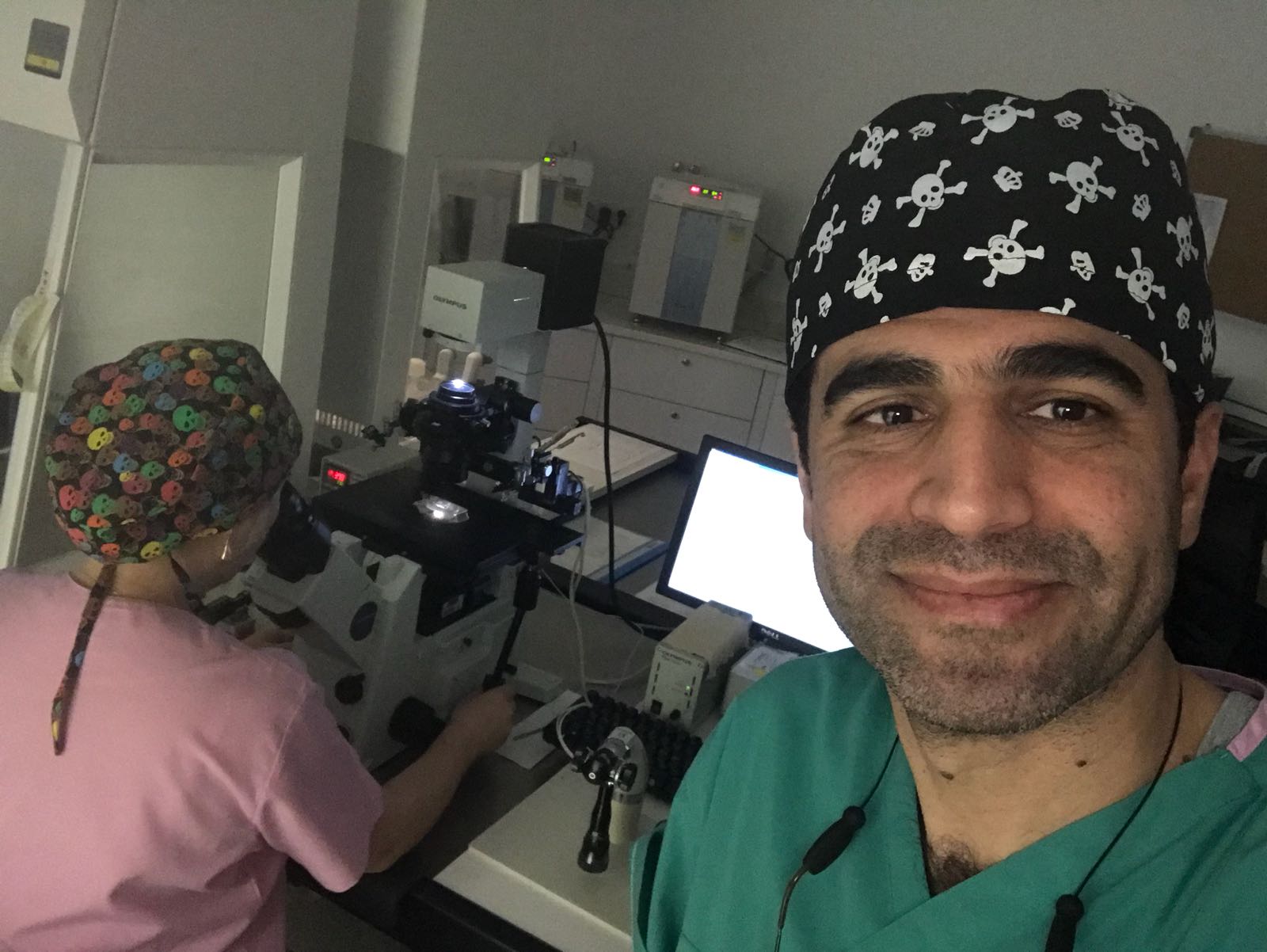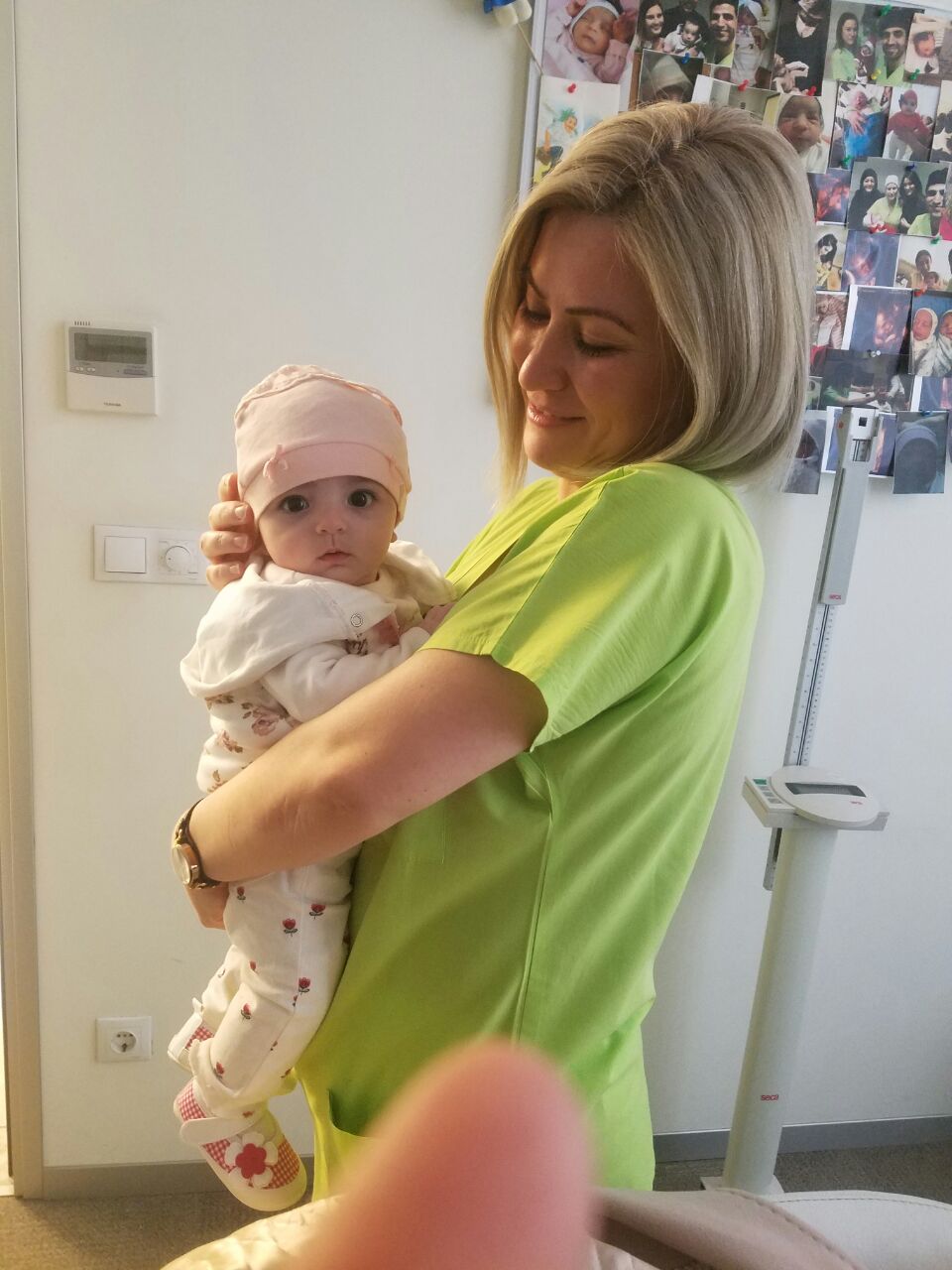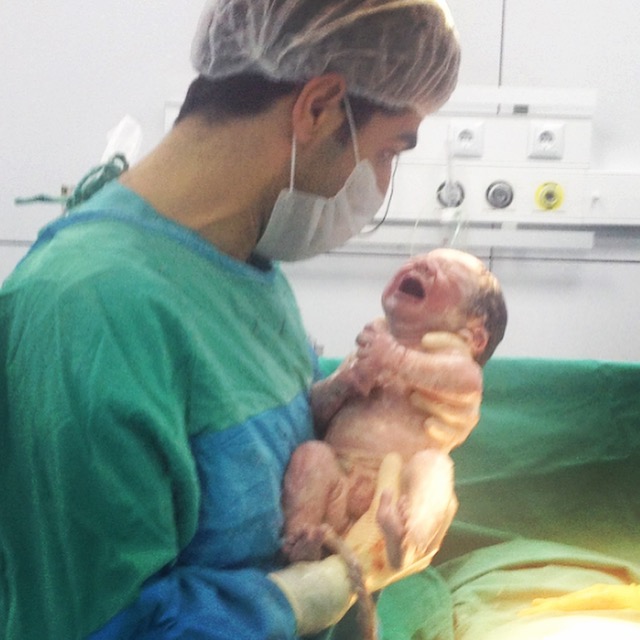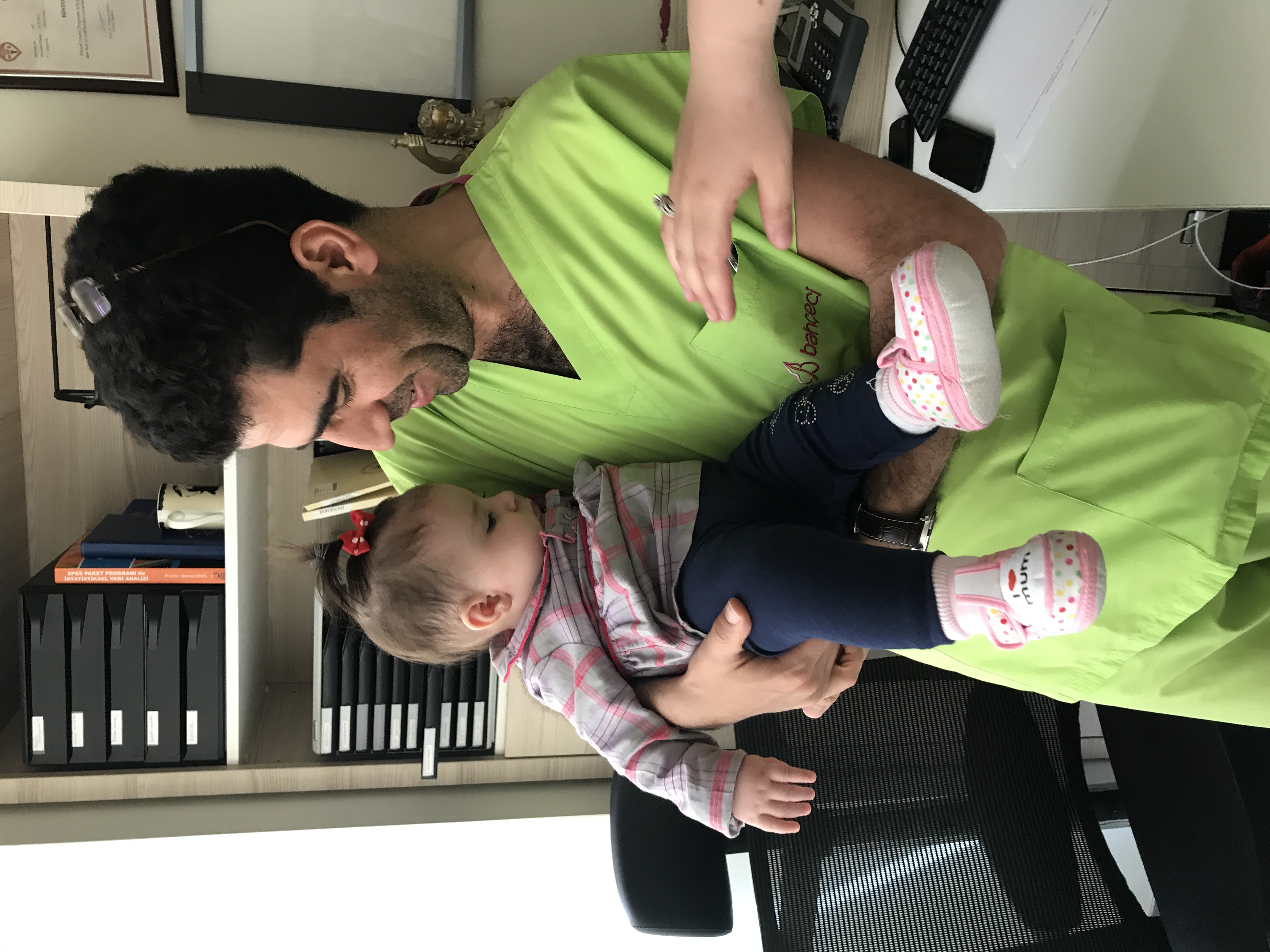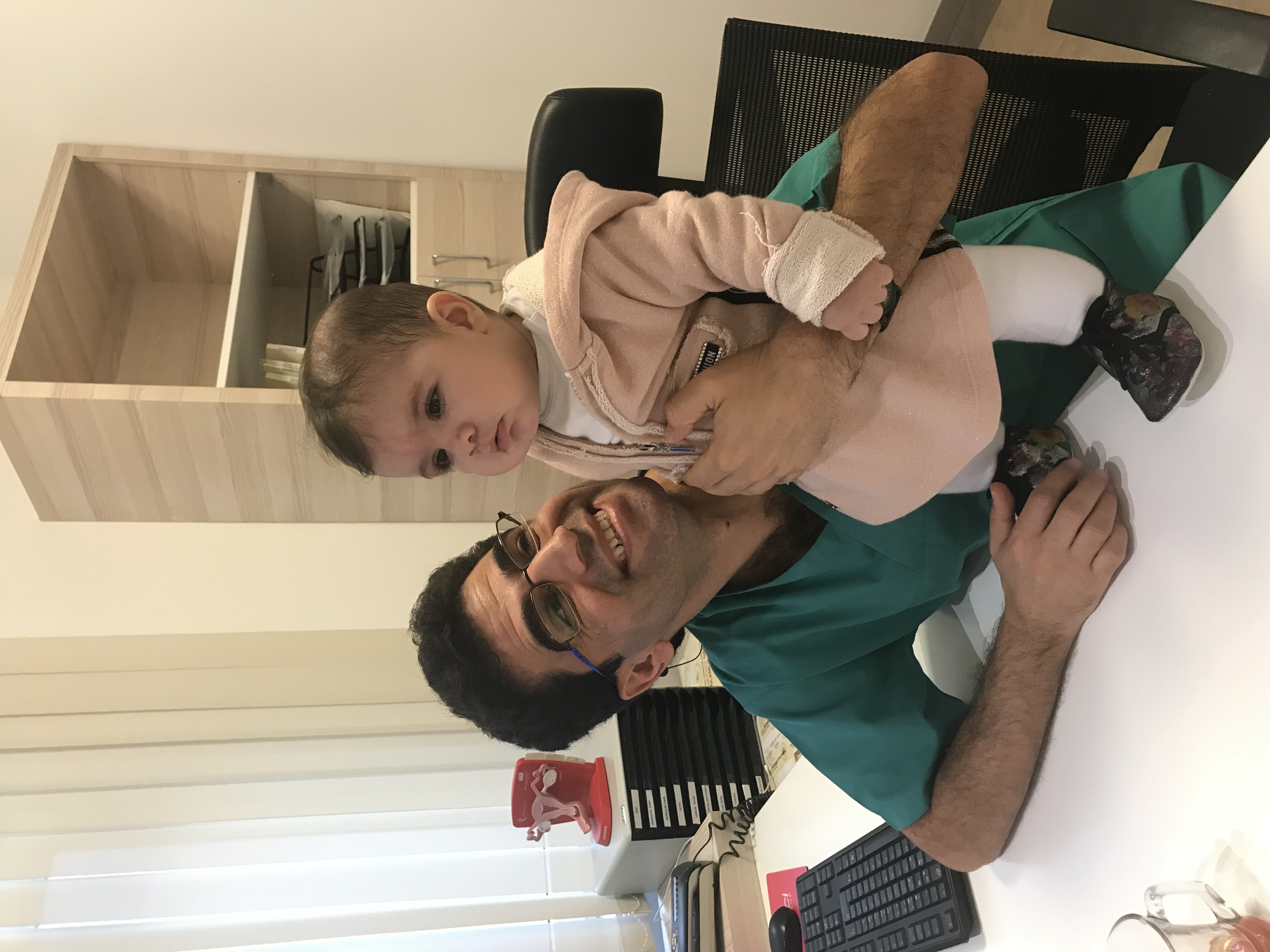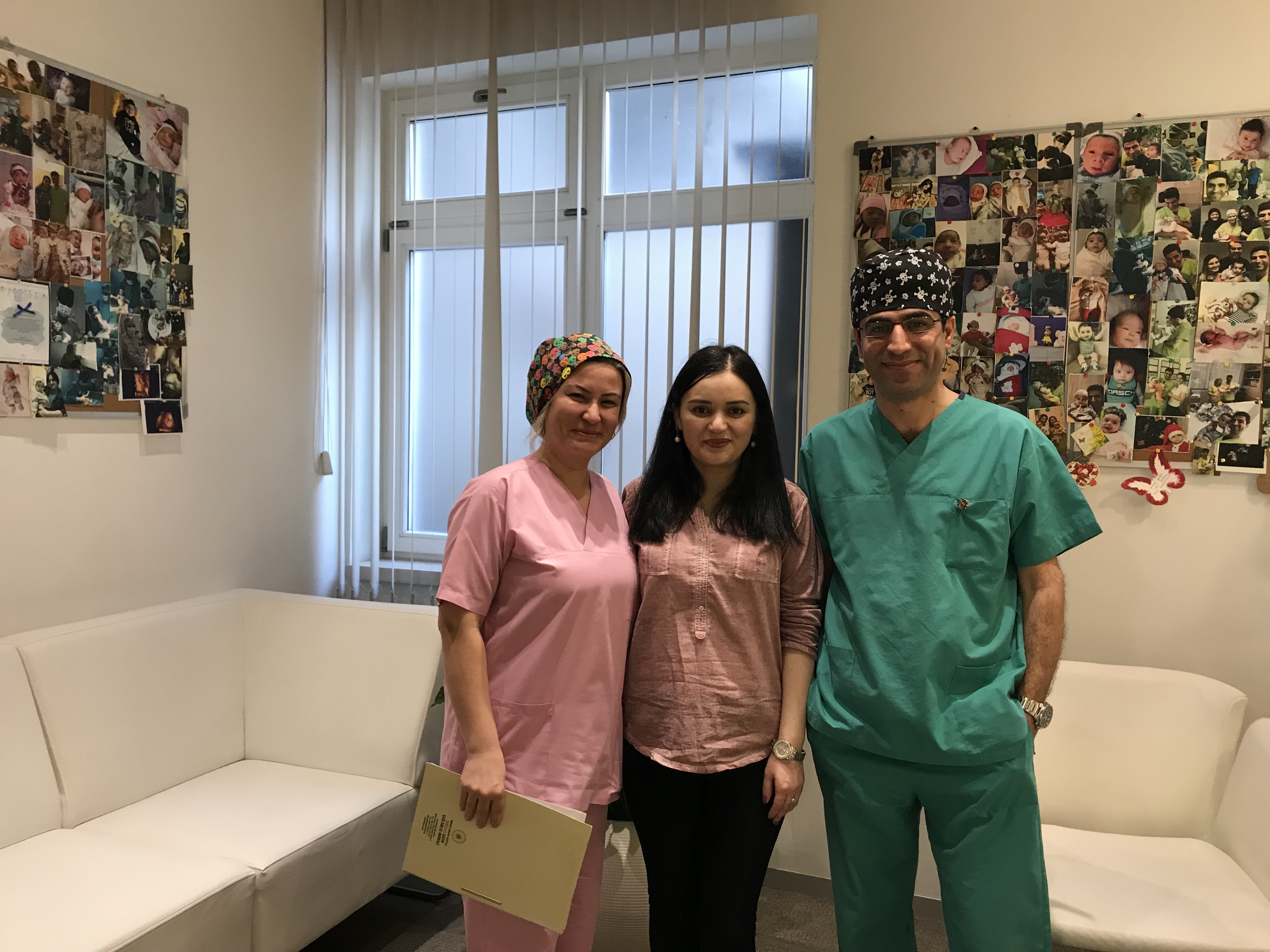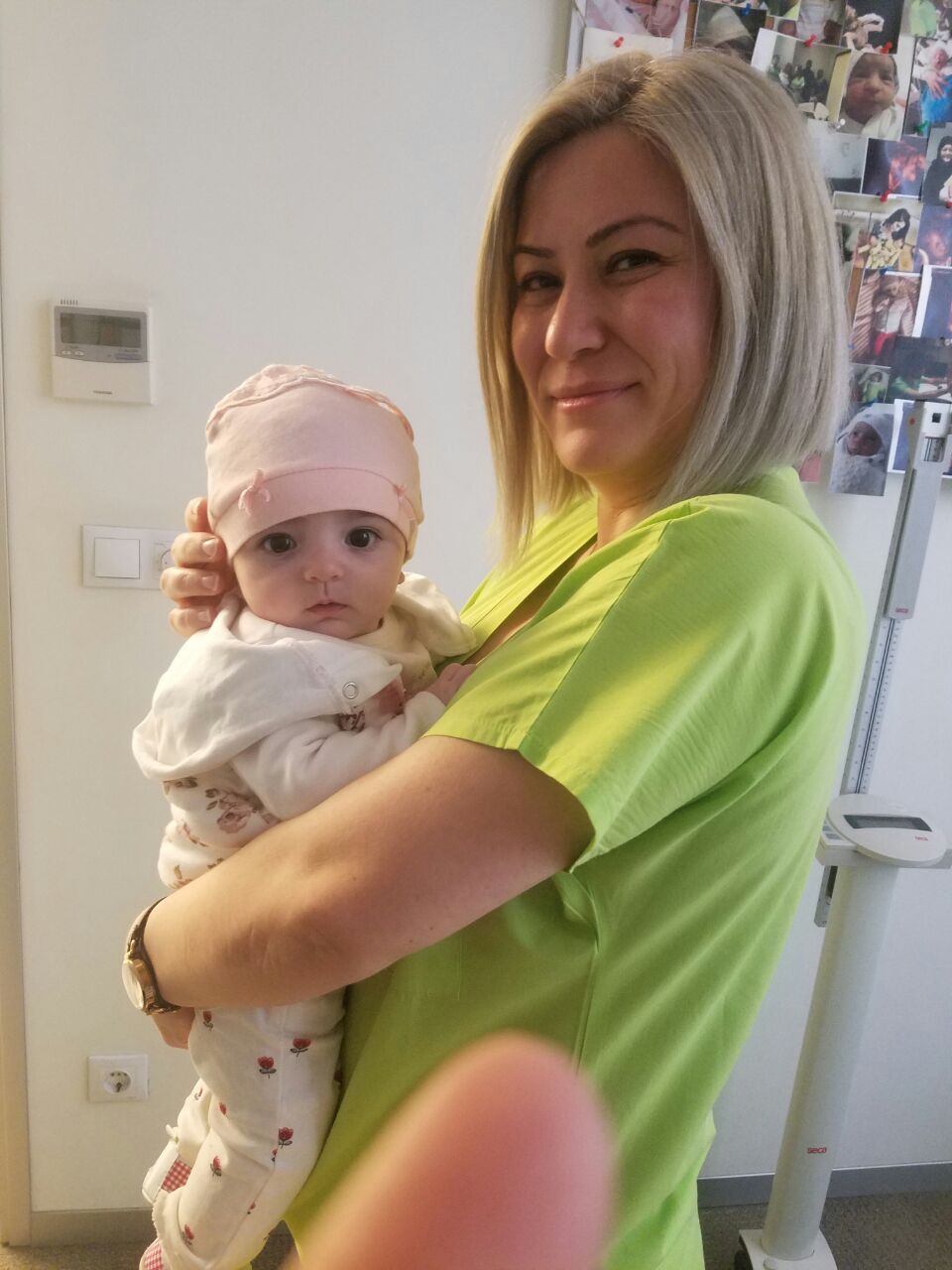
About
Health Training (SAĞLIK EĞİTİMİ)
Reducing Your Risk of Infertility
Your health status also reflects your reproductive health. The healthier you stay, the better your reproductive health will be, so give yourself a long and healthy life. You should consider the following tips to stay healthy.
- Maintain a normal body weight. Being overweight or underweight can cause health problems as well as impair your reproductive health and reduce your fertility. İdeal body mass index (BMI) should be between 20-25 and there are increase infertility if your BMI is below 18 or above than 30. Even minimal weight loss in women with a BMI greater than 30 will have a positive effect on fertility.
- Stay physically active to maintain fitness because regular fitness activity can help balance hormones, improve insulin, and reduce stress, all of which can help boost fertility. But it should not be forgotten over-exercising more than 60 minutes per day can have the opposite effect and may increase the risk of ovulatory-factor infertility but 30-60 min/day exercise was associated with reduced risk of anovulatory infertility.
- Don't smoke. Smoking increase the risk of heart, lung and vascular disease and also increase infertility in both women and males. Infertility rate were found twice in smokers compared with nonsmokers. The risk for fertility problems increases with the number of cigarettes smoked daily.
- Don't Consumption Alcohol. Alcohol can decrease female fertility. A recent review has shown that light drinking reduces fertility in women, and fertility is reduced even further in women drinking moderately or heavily.
For mens the association between chronic alcohol consumption and poor semen quality has been reported in a large number of studies in humans.
5 Never have unprotected sex. Women should be aware that sexually transmitted infection can affect their future fertility.
- When you're ready to have children, don't delay.
The woman's age and duration of infertility are most important factor for fertility. Once you're trying to conceive, if your cycles are regular seek help after one year or after six months if you're over 35. If your menstrual cycles are irregular you should apply to infertility clinic immediately.
Health promotion consultancy
According to World Health Organization: health promotion enables
people to increase control
over their own health. It covers a wide range of social and
environmental interventions that are
designed to benefit and protect individual people’s health and
quality of life by addressing and
preventing the root causes of ill health, not just focusing on
treatment and cure.
Health is multi-dimensional, and requires attention to at least six components (e.g., physical, social, intellectual, spiritual, financial, emotional, and environmental). Given the diversity of areas covered in health, it is highly unlikely that any one person will know everything about https://www.who.int/ every aspect of these components.
Therefore, a variety of career opportunities are available in health promotion. One emerging field within health promotion is consulting, which is predicted to grow considerably in the 21st century (Sager, 1999; Sicangco Cruz, 2000).
Mrs Celik will for fertility raise awareness of:
- the importance eating healthily and taking regular exercise
- the dangers of smoking or excessive drinking
- mental health, sexual health, and drug misuse
She’ll provide information and support on a one-to-one basis,or working with other health professionals, like doctors, nurses and health trainers.
fertility nutrition (nutrisionist)
Female Fertility and the Nutrition
There is increasing evidence showing the relationship between diet and female infertility. Many researches show that a diet high in trans fats, refined carbohydrates, and added sugars can adversely affect fertility.
The Mediterranean dietary is characterized by a high consumption of vegetables (including pulses), fruits, olive oil, unrefined carbohydrates, low-fat dairy and poultry, oily fish with a low consumption of red meat and simple sugars. Also it has a positive impact on female fertility and positively affects mental and physical health.
In contrast to the Mediterranean dietary, the Western-style diet is rich in refined and simple carbohydrates (mostly sugar, sweets, and sweetened beverages) and red and processed meat. The Western-style diet alter the ovarian cycles and affect hormone concentrations which is associated with infertility.
Higher consumption of fast food and a lower intake of fruit were associated with infertility, and with a moderate increase in the time to become pregnant.
You should take vegetable protein sources because meat protein sources are associated with more infertility. Consider switching your diet to plant-based and choline-rich protein sources, including beans, lentils, soy, nuts, seeds, and quinoa.

